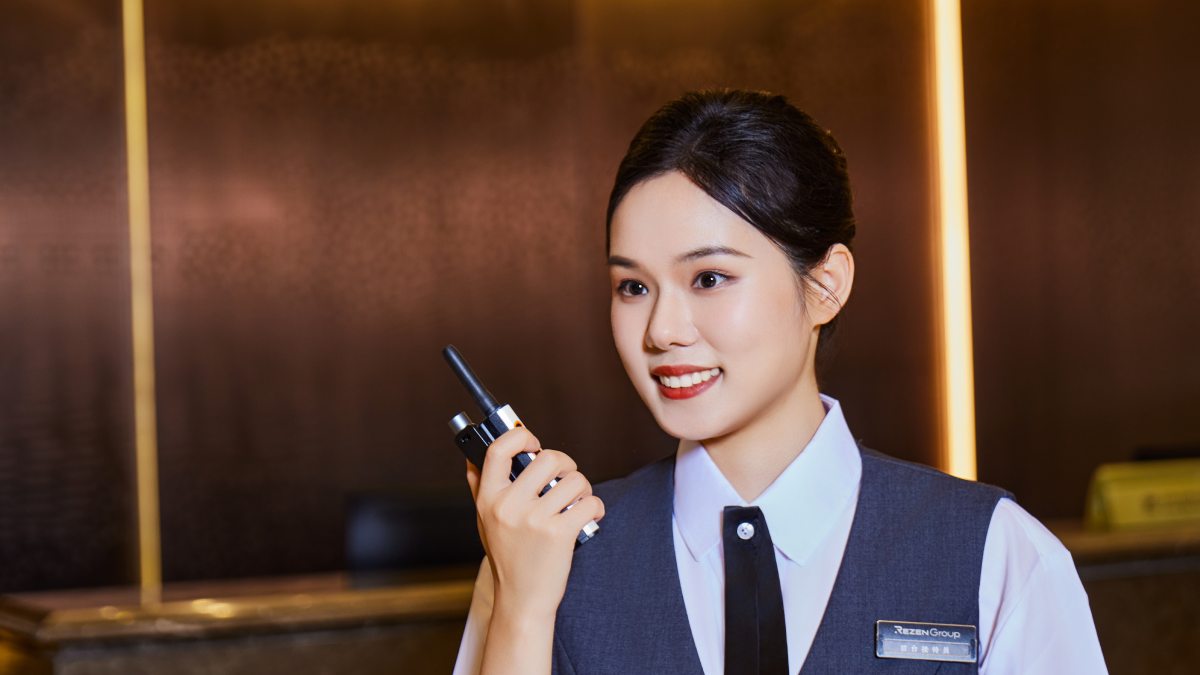What Is a Free License Two-Way Radio?
Two-way Radio
Two-way Radios
When I joined Hytera back in 2020, I had just graduated from university. Like most fresh grads, I was eager but clueless — especially when it came to something as technical as two-way radios. I didn't know the difference between VHF and UHF, had never heard of “PoC,” and didn't even understand what “Push-to-Talk” really meant.
On the first day of our onboarding class, the trainer walked in and wrote two words on the whiteboard: “Licensed” and “License-free.” Then he said something that stuck with me:
“Before you can talk about radios, you need to understand who's allowed to use them — and under what rules.”
That's when I first learned about free license two-way radios — and it turned out to be one of the most useful things I've carried with me in this job.

A free license two-way radio, simply put, is a device you can use without needing to apply for a radio frequency license or pay any fees to the government. There's no paperwork, no waiting period. You just charge it, turn it on, and start talking. I remember our trainer comparing them to public roads: “As long as you follow the rules, everyone can use them.” And that analogy made total sense.
These radios operate on frequency bands that are open for public use. The exact bands depend on the country — in Europe, it's PMR446; in China, it's 409MHz; in the U.S., it's FRS (Family Radio Service). Because they use low power, usually around 0.5W to 2W, the communication range is limited — generally up to 1–2 kilometers in cities, and a bit further in open areas. But the key point is, for many everyday users, that range is more than enough.
Later that year, I visited a customer — a small amusement park using dozens of compact radios for their staff. I casually asked, “Are these licensed radios?” The manager laughed and said, “No way. We don't have time for that. These license-free ones just work.” Then he added, “And don't underestimate them. The voice clarity is great.”
That moment brought me back to my onboarding class. It all clicked. For businesses like theirs — fixed-location, fast-paced, limited tech staff — a simple, license-free radio makes total sense. It's like having the right-size tool for the job: not too complicated, not too expensive, just reliable and ready to go.
That said, there are limitations. Our trainer made sure we understood that too. Because license-free radios operate on shared public frequencies, you can't expect total privacy or zero interference — especially in crowded environments like trade shows or shopping malls. You also can't boost the signal with external antennas or modify the output power — those features are restricted for safety and legal reasons.
But really, that's the tradeoff. You get ease of use, accessibility, and simplicity, in exchange for a few technical limitations. And for the vast majority of users in retail, hospitality, light industry, or education, it's a good deal.
At Hytera, I was surprised to see how many products we offer across the spectrum. Yes, we make mission-critical systems and rugged smart radios like the HP780 and PNC560, but we also have great options for license-free users — like the S Series and AP5 Series. These are compact, durable, and easy to operate, ideal for hotels, supermarkets, warehouses, and even outdoor sports events. They're radios designed for real people doing real work, not just for radio specialists. Of course, for industries that require secure, encrypted communication, or need to coordinate across large areas, we recommend licensed digital radios or PoC systems. But that's the beauty of this field — there's something for everyone, once you understand what you need.
7Looking back, I'm grateful that my very first lesson at Hytera was about something so foundational. Because even now, when I talk to customers, I often find myself going back to that whiteboard moment: helping someone understand the difference between licensed and license-free is often the key to helping them find the right solution.
So if you're considering radios for your business, your hotel, your team, or even your hiking group — and you want something that just works without the hassle — free license radios are a great place to start. You don't need to be an engineer. You just need to know what you want from your communication.
And as I always say to people: “Don't start by choosing the most powerful radio. Start by choosing the one that fits you best.”






